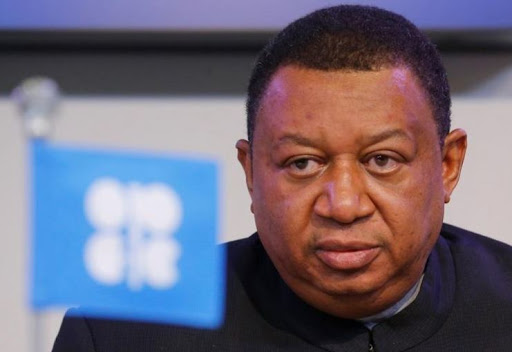
Nigeria and other developing countries may lag behind over funding constraints As the global campaign over cleaner energy gains momentum.
Secretary General of the Organisation of Petroleum Exporting Countries (OPEC), Mr. Mohammed Sanusi Barkindo, gave the hint at the Ministerial Roundtable on Energy, Climate and Sustainable Development in Vienna, Austria.
According to report, about $15 trillion is the amount of money to be invested in new power capacity globally over the next three decades.
further analysis reveals that between 2020 and 2050, another $14 trillion will be invested in the grid, likely to adapt it for a surge in solar and renewable power deployments, which, according to the analysis, will constitute 56 per cent of total global generation capacity by 2050.
READ ALSO: How traders, households, others can benefit from Abia SME Bank – Govt.
Barkindo, at the 1st high-level meeting of the OPEC-Africa energy dialogue, stated that with energy poverty in the continent, COVID-19 also serves as a vivid reminder of the need for deeper cooperation to prioritize energy access, to strengthen community resilience and to be able to use global energy resources to support the continent’s developmental aspirations and economic growth.
“Thus, going forward, OPEC will continue to advocate a balanced and inclusive energy transition that promotes all energy sources and prioritizes the investment needs of Africa”, he said.
Barkindo also noted that one major issue looming in the long-term horizon is the lack of adequate industry investment.
“Our 2020 World Oil Outlook estimates that $12.6 trillion will be required between now and 2045 in the upstream, midstream and downstream. We must continue to advocate a turnaround in this very upsetting trend. The very future of our industry is at stake. The fact is that oil and gas will continue to be a vital part of the energy needs to ensure future demand is met, and thus policies must change in this regard.
“Another issue of utmost concern in Africa is the scourge of energy poverty, which continues to impact millions across the continent. According to OPEC data, an estimated 47 per cent of the population in sub-Saharan Africa has no electricity and approximately 85 per cent of people lack access to clean fuels and technologies for cooking. Considering the richness of the continent’s resources, both conventional and renewable, this is simply hard to accept; he said.
